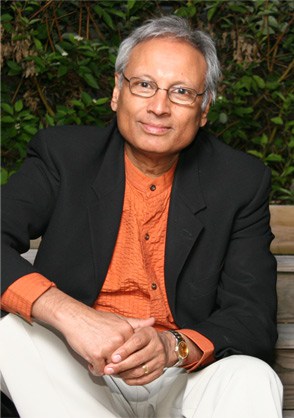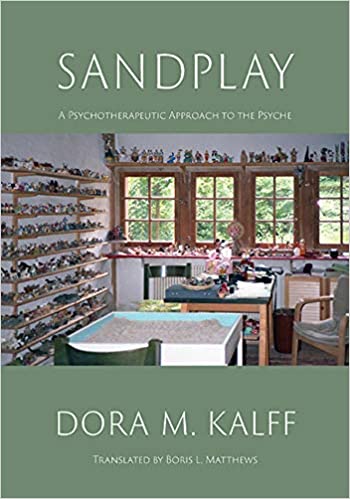Book Release | The Spiritual Paradox of Addiction: The Call for the Transcendent (Video)
Though we are somewhat past the publish date, we would like to share this video of Dr. Ashok Bedi, member of the Chicago Society of Jungian Analysts, speaking about his recent book, The Spiritual Paradox of Addiction: The Call for the Transcendent, written with co-author Joseph Pereira.
Ashok Bedi, M.D. is a Jungian psychoanalyst and a board-certified psychiatrist. He is a member of the Royal College of psychiatrists of Great Britain, a diplomat in Psychological Medicine at the Royal College of Physicians and Surgeons of England, a Distinguished Life Fellow of the American Psychiatric Association. He is a Clinical Professor in Psychiatry at the Medical College of Wisconsin in Milwaukee and a training analyst at the Carl G. Jung Institute of Chicago. His books include The Spiritual Paradox of Addiction, Crossing the Healing Zone , Awaken the Slumbering Goddess: The Latent Code of the Hindu Goddess Archetypes, Retire Your Family Karma: Decode Your Family Pattern and Find Your Soul Path and Path to the Soul. He is the liaison for the IAAP for developing Jungian training programs in India and travels annually to India to teach, train the consult with the Jungian Developing groups at several centers in India including Ahmedabad and Mumbai. He leads the annual “A Jungian Encounter with the Soul of India” study group to several centers in India under the auspices of the New York Jung Foundation. His publications and upcoming programs may be previewed at pathtotheosul.com
Links: Dr. Bedi’s Website | Dr. Bedi’s Analytical Practice Website | Dr. Bedi’s Recorded Lectures on the C. G. Jung Institute of Chicago Website | Dr. Bedi’s books on Amazon








